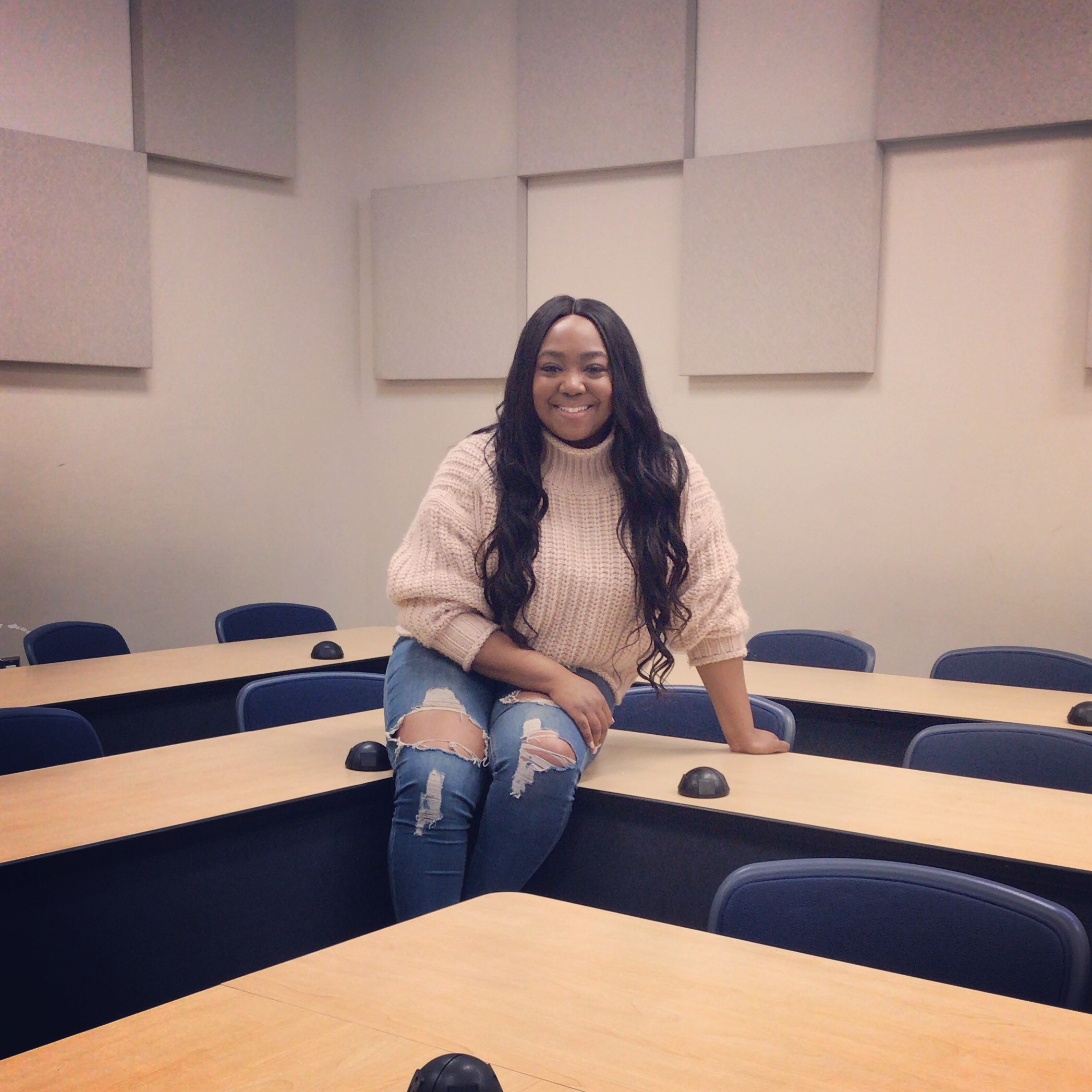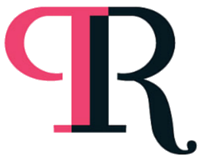
Taking control of your knowledge will save you time, energy, and money. Here’s how.
Getting a good education and finding success used to be synonymous. Our parents believed that real achievement was found by following the traditional educational path – going to school and passively learning from the experts. Yet, when we look at individuals like Bill Gates, Steve Jobs, Mark Zuckerberg, and others, we know that higher learning is not confined to the brick and mortar world of a classroom. So, what drives the world’s most successful leaders and doers to follow their curiosity, seek solutions, and pursue an education that may not seem useful today, but sets them apart tomorrow? They never stopped learning.
Even though Gates, Jobs, and Zuckerberg dropped out of school, it did not mean they left knowledge behind. They continued to learn and drive their business forward, but this time, they did it on their terms. Autonomous learning is perhaps one of the most powerful tools an entrepreneur and any individual has. Gates, Jobs, and Zuckerberg utilized their resources and understood how they processed knowledge and learned and applied it in a real-life setting. As their business grew and expanded, they taught themselves the business, tech, and creative skills necessary to move their business ahead.
Self-directed learning is also not a tool solely for those who didn’t see themselves fitting into traditional educational systems. Warren Buffet, who completed a Master of Science at Columbia University, reads for five to six hours a day, which he has credited with developing his understanding of society and the ability to invest wisely. All these leaders understand that knowledge is what helps us design the next best app, solution for our client and our product, and elevates our business to the next stage. Continuous learning is the most powerful tool we have as entrepreneurs.
As humans, we automate a lot of our decision making, allowing our minds to make choices subconsciously. Though this habit seemingly saves us time and will enable us to make quick decisions. It doesn’t mean that this process allows us to make the best decisions. Listen, this is not to say that unconscious decisions making is bad; many times, it frees our mind to focus on more critical and complex tasks. When it becomes our default mode, we lose opportunities to learn and challenge ourselves to move ourselves and our brand forward. When we learn passively, we do the same thing; we set our ability and destiny in the hands of someone else. We forget our power and impact and let life make decisions for us – learning for the sake of saying we did but not absorbing the knowledge we need.
Who is an Autonomous Learner?
Autonomous, sometimes referred to as self-directed learners are those who take control of their learning. Whether alone or in collaboration with others, autonomous learners take responsibility for their education. They are driven by the understanding that education and knowledge will move their personal development forward. Autonomous learning challenges the idea that the best way to learn is from a teacher and instead places the importance of learning on the individual. You are the captain of your learning and get to design your curriculum based on what interests you and your style of learning. It is not a one size fits all learning style, since you genuinely craft it for you.
Right now, time is our most precious commodity. We have limited time to spend with our family, investing in our business and ourselves, and enjoying the many moments that life has to offer. Wasting any of that time on activities that are not pushing us to be our best professionally and personally, is something we cannot afford. I do not want to pay $500 to take a class where I leave, not having learned the things I needed or relearning the foundations of things I already know. On top of the time and money I have spent, I also have diverted my energy from the things I need to be doing and the people I would rather be with. Through autonomous learning, I can gain control of the path that I am setting my life on.
By placing emphasis on us to identify what we need to learn and why autonomous learning makes us naturally reflective. We reflect on the tools and resources we need, on where there may be gaps in our knowledge or business practices, and, most importantly, understand our learning outcome – The “why” behind why we wanted to learn this. Knowing your “why” helps you connect learning to your larger goals for yourself. Here are three simple ways to adapt to autonomy.
Know What Works for You
Autonomous learning works for individuals who are willing to reflect on what strategies of learning work for them and how they can hold themselves accountable. Autonomous learning is about giving them learners authentic control over all decisions that that to do with acquiring knowledge. However, it means there is no one holding you to not completing your tasks or not doing your “homework.” Telling yourself, you will read for 2 hours every morning before you go to work, when you are not a morning person and barely make it out the door is setting yourself up for failure. Failure is the quickest way to demotivating yourself to learn.
Ask yourself truthfully what works for you in terms of timing, location, and style of learning. Do you need a distraction-free space, are you a visual learner or an auditory learner? Do you need a schedule? Be creative and think outside the box. Learning doesn’t mean sitting at a desk with your computer and pen. It can be as fun as engaging in an imaginary debate with the author about the best ways to market, creating an impossibly impractical product and pitching it, or teaching what you just learned to someone else – yourself, family, even your cat.
The second part of this is holding yourself accountable. How would you reward yourself for completing a lesson? How do you manage setbacks? If we fail in school, we may have a nice teacher who works with us and brings us back in line. When it is you by yourself, how will you make sure you keep on track and do not get discourages? Create an accountability plan that you can hold yourself to and, if needed, ask your friend to hold you to it. You can also connect your accountability measure to another skill, like writing. Write a blog post every time you finish a lesson. Not only are you learning, but developing your communication skills and sharing your knowledge – all potent tools for success.
What Resources do You Need to Succeed?
Like I mentioned above, we don’t all learn the same way, and since we all learn differently, we need different resources to learn. For some, it is going to the library and getting a book; for others, it’s watching YouTube videos or presentations about the skill, and yet for others, it is finding mentors or partners with whom they can test and get “in-field” experience. No matter your style, identifying the resources that you need to succeed will help you stay on track. Remember as well, that you can use a multitude of different resources. You can mix books, YouTube videos, and in-person conversations to create a plan that works best for you.
Understanding the resources you need also highlights another quality of an autonomous learner, the ability to take the initiative. Figuring out and going after the resources you need means that you have to create a plan to acquire and gain access to the supports you need. It is about taking steps to find the right books at the library or store, stepping out and making connections to the person you want to learn from, or even finding the right videos to watch. You are setting aside time and taking the initiative to develop your growth.
Be Curious and Reflective
The most important part of being an autonomous learner is to be curious. Follow your curiosity to where it takes you, and don’t be afraid to go (slightly) off the path you set yourself. The whole idea behind autonomous learning is being guided by our curiosity, to engage fully in learning. Our curiosity leads us to question the how and why of things but also our perception of things. It pushes us to consider why we need this skill if there is a better way to learn it and how we can use it to make our lives easier. The autonomous learner also takes this curiosity and reflect on it. Reflect on how it develops their learning and also and to evaluate their self- learning.
Autonomous learners have to be honest. There is no one judging and evaluating your work, but you. When you know you are not getting something, you have to be honest and assess what is working for you in the learning plan and what is not. If you can fearlessly evaluate your progress, then you can re-examine the resources you have and see where you may need to do something different. Maybe reading a book about creating an engaging marketing campaign, is not as helpful as brainstorming and asking questions from someone who creates campaigns you find appealing. Truthfully, I find most people are always willing to answer a question or two, and you get the potential to build your network of mentors, allies, and partners.
